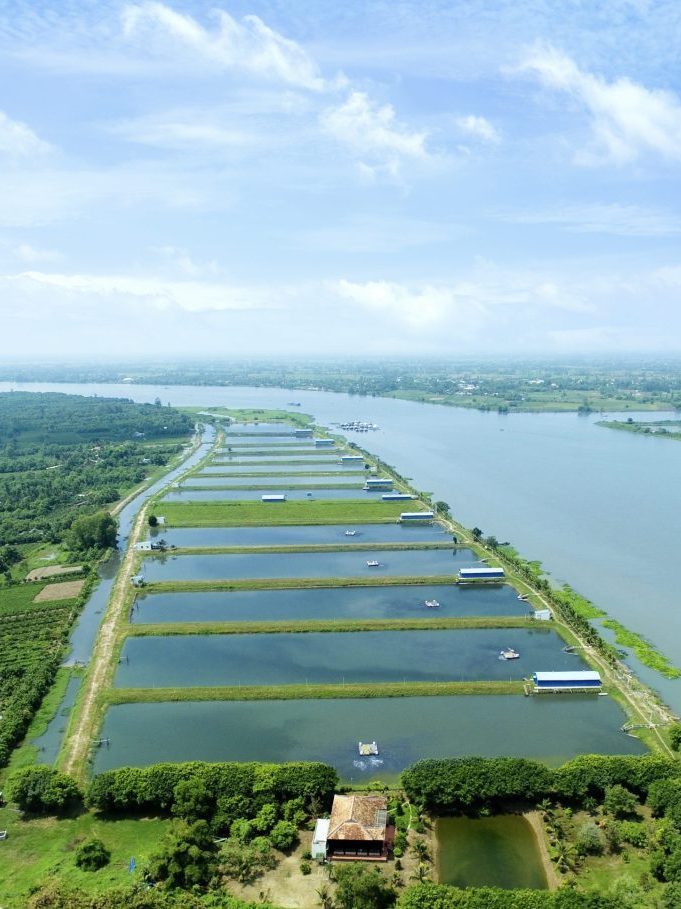
The US sustainability market hit $15bn in sales in 2021, according to Nielsen, as sustainably-positioned products continue to gain more traction with consumers. According to a survey from Retail Insight of over 1,000 US respondents who were asked about their shopping habits over the last 12 months, over two-thirds (67%) of those polled have tried to be more sustainable in their consumption habits over the past year. Broken down by age, 88% of 25- to 34-year-olds said they have become more sustainable in their shopping and consumption habits over the past 12 months.
Additionally, nearly half of (49%) consumers surveyed by Retail Insight said they are willing to spend more on sustainable products and 52% of respondents reported that they would be happy for the price of their weekly shopping trip to be higher if it meant helping the environment.
The results of this survey pose a challenge to manufacturers and retailers about sustainability in their value chains. The food and nutrition ingredients industry is no exception to this trend.
